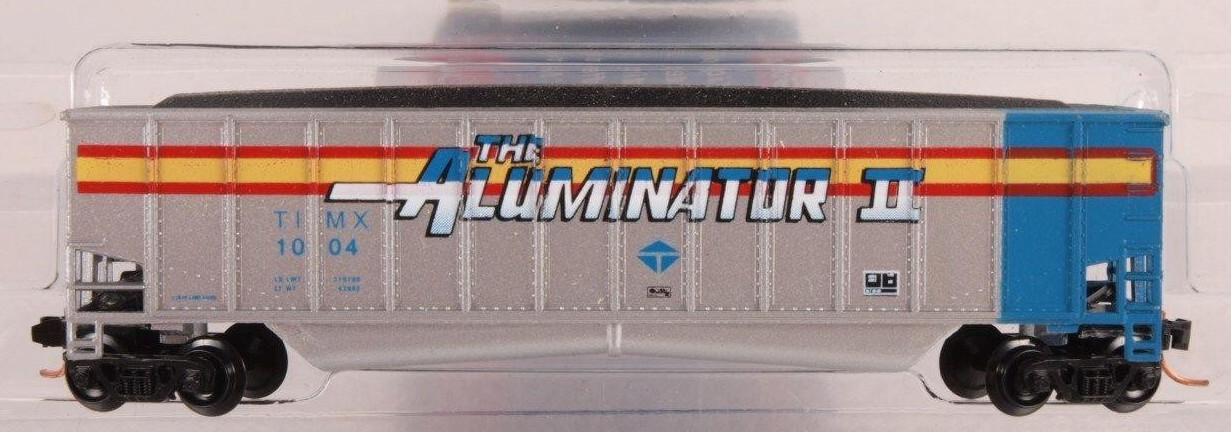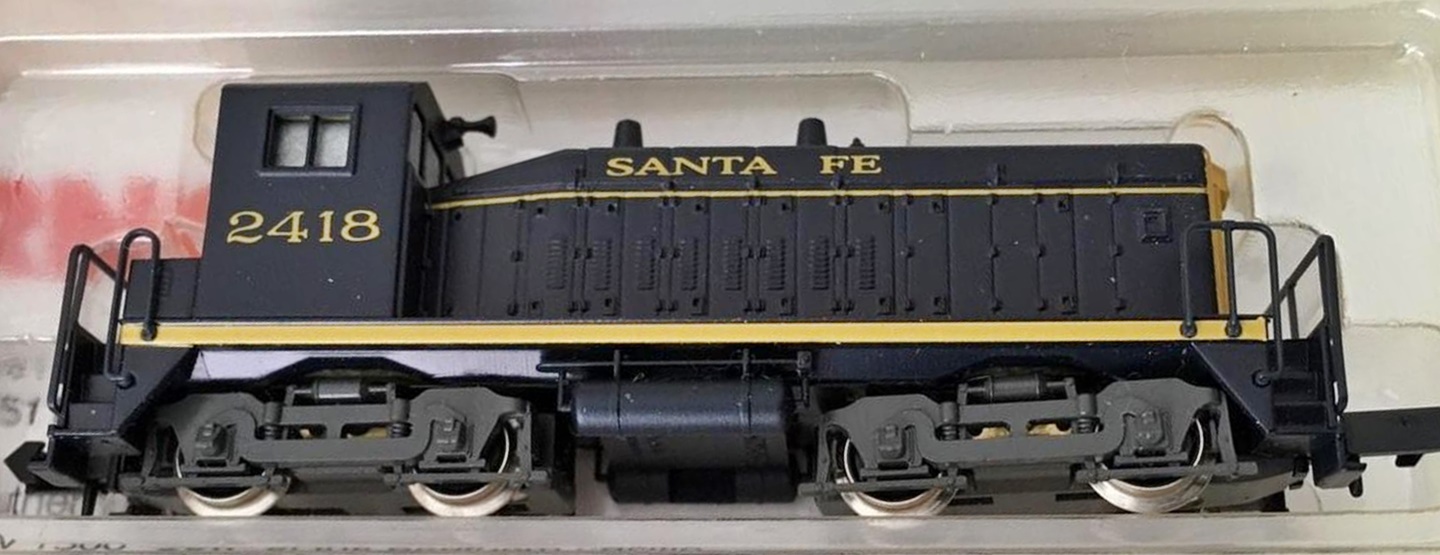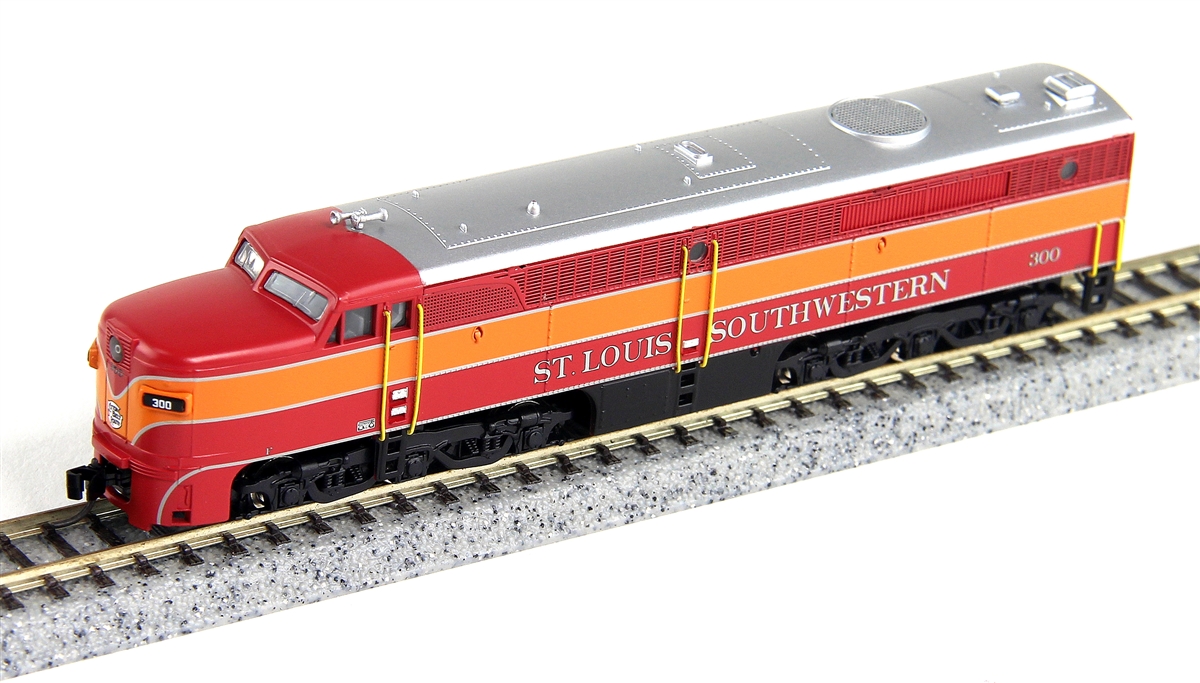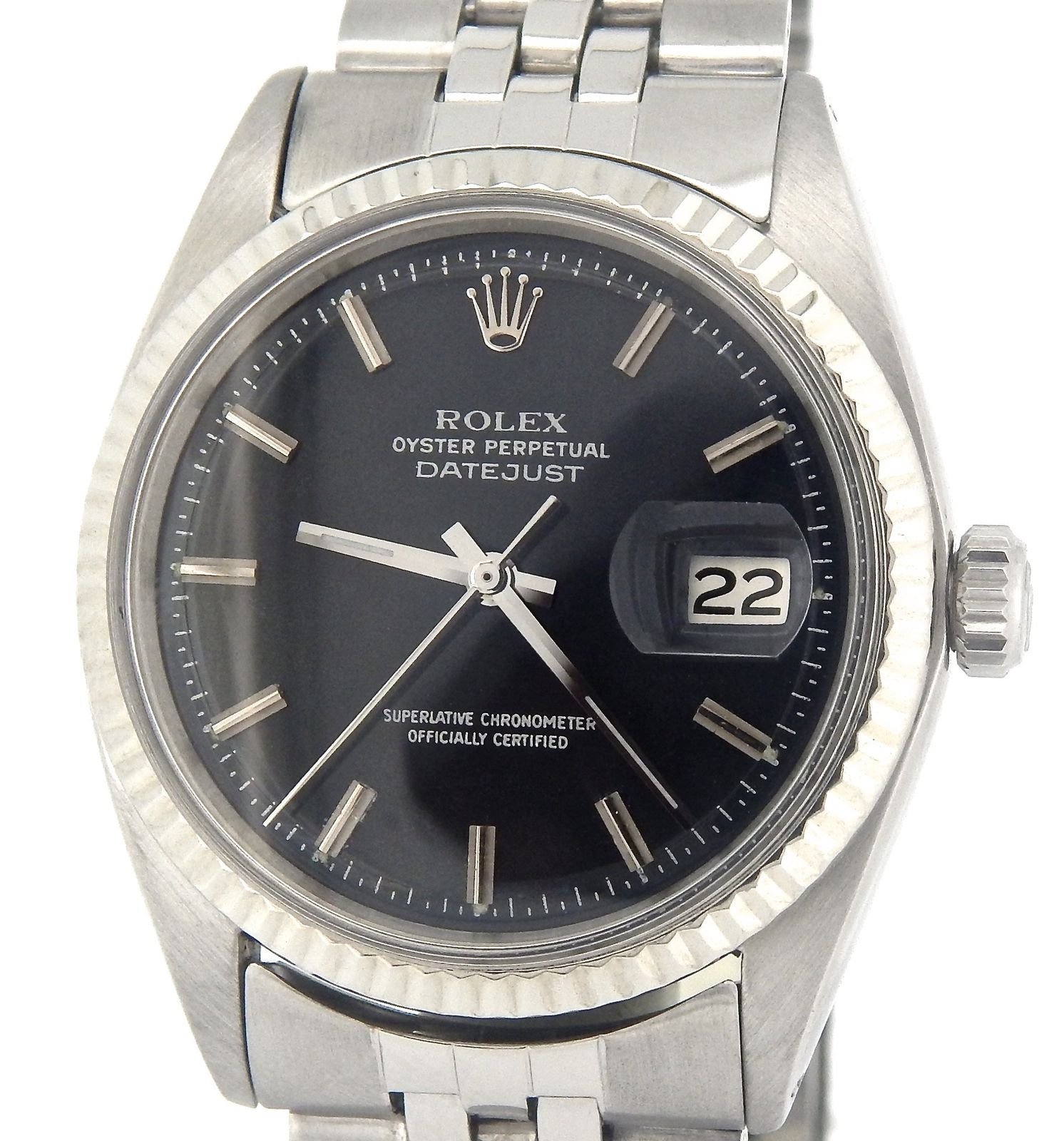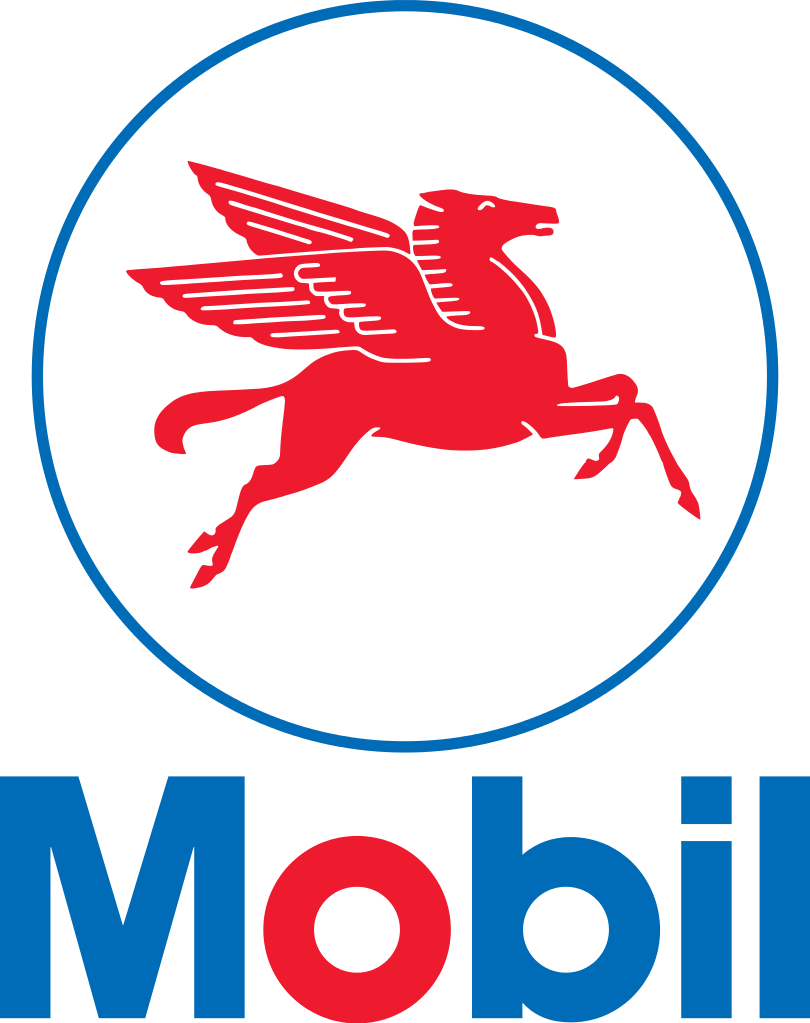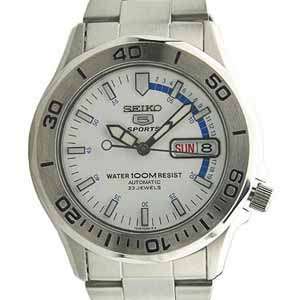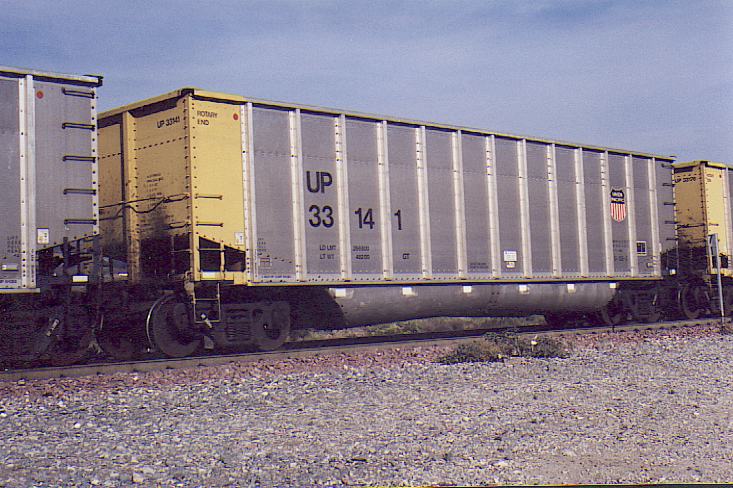Model Information: These models come with optional, user-installed weights and internal bracing.
Prototype History: There have been a number of designs of coal-hauling gondolas for todays operations. Most of the major builders have offered aluminum-bodied coal gons at one point or another. Bethlehem Steel Car made a significant introduction with its Bethgon design. This design continues with Johnstown America today. The basic design uses two longitudinal tubs between the trucks - thus adding additional cubic-foot capacity with a lower center of gravity.
In 1992, Trinity Industries introduced a similar design and called it the Aluminator. Six demonstrators were built and placed under Trinity Industries Leasing Company reporting marks (TIMX 1001-1006). This initial design was rated at a 4,400 cubic-foot capacity. Most new-built coal cars (hoppers and gondolas) are built to a standardized 53' 1" outside length. The Trinity Aluminator is no exception. The 4400 design has a 12' 7" extreme height (11' 6" inside height). What made the Aluminator unique was the way the bottom of the tubs slope down ward from the center to the ends (the Bethlehem/Johnstown design had straight bottom tubs). The body has 13 side posts each with an alternating rivet pattern. There are three internal cross braces (at the 4th, 7th and 10th side posts). Trinity's aluminum rotary dump gondola features twin longitudinal tubs located on either side of the steel center sill.
In 1992, Trinity Industries introduced a similar design and called it the Aluminator. Six demonstrators were built and placed under Trinity Industries Leasing Company reporting marks (TIMX 1001-1006). This initial design was rated at a 4,400 cubic-foot capacity. Most new-built coal cars (hoppers and gondolas) are built to a standardized 53' 1" outside length. The Trinity Aluminator is no exception. The 4400 design has a 12' 7" extreme height (11' 6" inside height). What made the Aluminator unique was the way the bottom of the tubs slope down ward from the center to the ends (the Bethlehem/Johnstown design had straight bottom tubs). The body has 13 side posts each with an alternating rivet pattern. There are three internal cross braces (at the 4th, 7th and 10th side posts). Trinity's aluminum rotary dump gondola features twin longitudinal tubs located on either side of the steel center sill.
Road Name History: The company, first known as Trinity Steel, was founded by C. J. Bender in Dallas in 1933. W. Ray Wallace, an engineering graduate of Louisiana Tech, worked for Dallas's Austin Bridge Company in 1944 before joining the company in 1946 as its seventeenth employee. At the time Trinity Steel manufactured butane tanks in a Dallas County mule barn. In 1958 Trinity Steel merged with Dallas Tank Company, which was also founded in 1933, and Ray Wallace became the new firm's president and first chief executive officer. At the time Trinity had revenues reaching $2.5 million and employed 200 workers. While some employees of the firm in other states eventually unionized, Texas workers never formed a union. For a time the company profited by producing larger tanks that enabled it to enter the petroleum business and do steel fabrication for refineries. In addition, to free up capital, it established an investment company to buy trucks and lease them back to the firm. Nonetheless, by 1957 Trinity faced competition and declines in the petroleum industry. Dallas Tank, Trinity Steel, and Bender-Wallace Development Company merged in 1958 to form Trinity Industries, Incorporated, and went public.
The Trinity Industries Rail Group, TrinityRail, is a leading North American provider of railcar services and products providing a single source for comprehensive rail transportation solutions. TrinityRail offers extensive manufacturing resources and a complete product line of new railcars. Included is a full menu of state-of-the-art covered hoppers, flat cars, gondolas, open hoppers, box cars, automotive equipment and tank cars. In addition, TrinityRail offers one of the fastest growing railcar lease fleets in North America and a broad portfolio of comprehensive railcar services. Our wide-ranging railcar service offerings provide our customers with enhanced transportation efficiencies and optimized fleet utilization.
From Wikipedia
The Trinity Industries Rail Group, TrinityRail, is a leading North American provider of railcar services and products providing a single source for comprehensive rail transportation solutions. TrinityRail offers extensive manufacturing resources and a complete product line of new railcars. Included is a full menu of state-of-the-art covered hoppers, flat cars, gondolas, open hoppers, box cars, automotive equipment and tank cars. In addition, TrinityRail offers one of the fastest growing railcar lease fleets in North America and a broad portfolio of comprehensive railcar services. Our wide-ranging railcar service offerings provide our customers with enhanced transportation efficiencies and optimized fleet utilization.
From Wikipedia
Brand/Importer Information:  The LBF company was based in Roseburg Oregon founded by Fred Becker. LBF was the successor company to E&C Shops, also founded by Becker. LBF also did business under the name USA Plastics. USA Plastics/LBF opened for business in 1993. They produced N Scale models using toolings purchased from the E&C Company. Later, in 1998, LBF folded and the toolings were sold to Hubert's Model RR Manufacturing group which was also located in Roseburg. Hubert had been one of Becker's partners in LBF/USA Plastics. Later, when Hubert's operation folded, the toolings were acquired by InterMountain.
The LBF company was based in Roseburg Oregon founded by Fred Becker. LBF was the successor company to E&C Shops, also founded by Becker. LBF also did business under the name USA Plastics. USA Plastics/LBF opened for business in 1993. They produced N Scale models using toolings purchased from the E&C Company. Later, in 1998, LBF folded and the toolings were sold to Hubert's Model RR Manufacturing group which was also located in Roseburg. Hubert had been one of Becker's partners in LBF/USA Plastics. Later, when Hubert's operation folded, the toolings were acquired by InterMountain.

Item created by: gdm on 2018-03-09 08:07:36. Last edited by gdm on 2020-07-16 07:48:28
If you see errors or missing data in this entry, please feel free to log in and edit it. Anyone with a Gmail account can log in instantly.
If you see errors or missing data in this entry, please feel free to log in and edit it. Anyone with a Gmail account can log in instantly.


